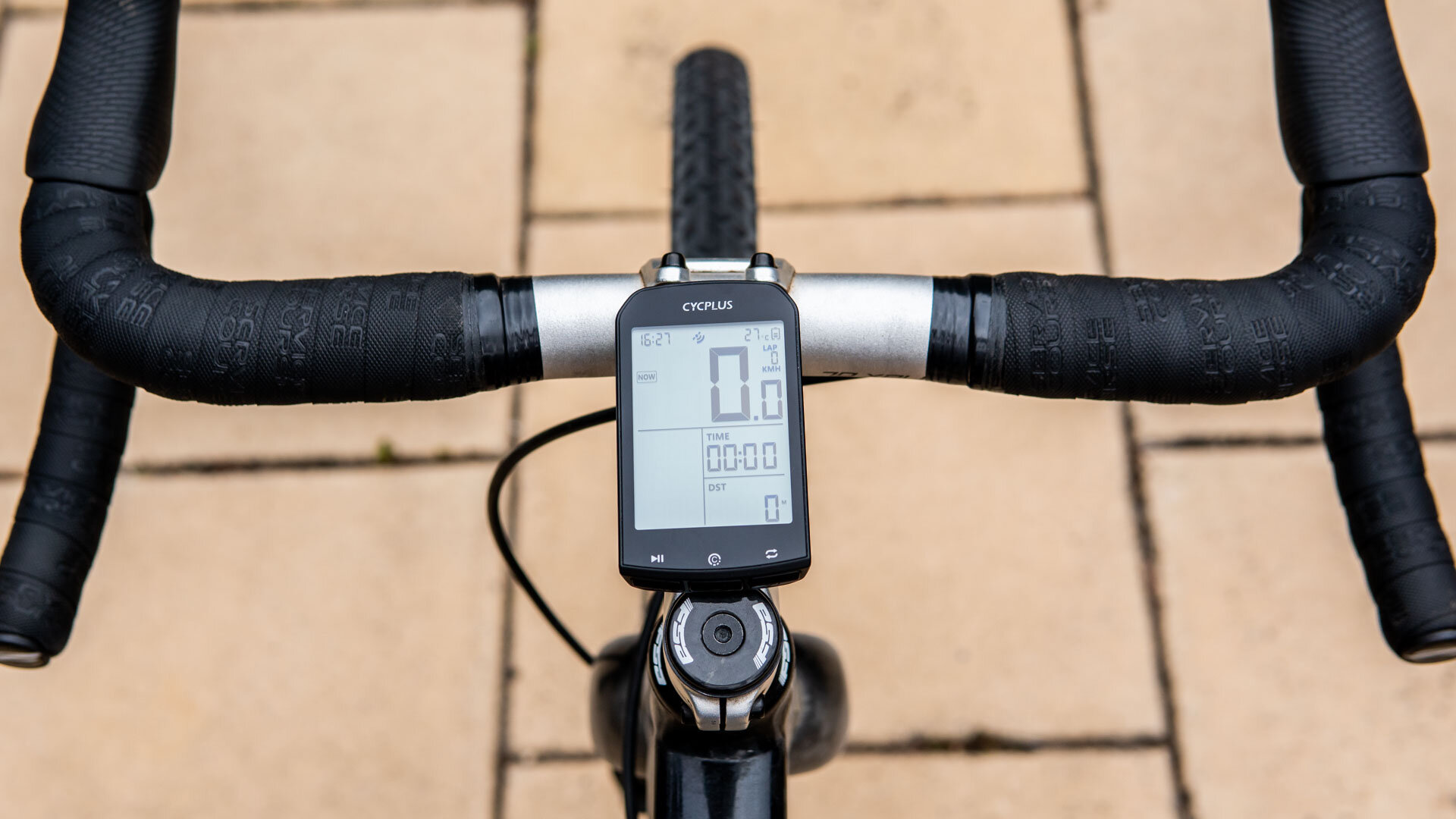Are you getting enough shut-eye? The importance of sleep on recovery and exercise performance

We’re all busy. Work, life, early mornings and late nights. The chances are you are compromising one of the most important aspects of your daily routine. Sleep.
Kate Perry takes a close look at the role that sleep plays in keeping us performing to our full potential.
Words - Kate Perry
Sure, you get enough to make it through the day, but to what effect?
Last week I would rate my overall ‘how great do I feel?’ at about a 6/10. The main reason, I was lacking some serious shut-eye time.
Being a little busy body and juggling work and training commitments, I was running low on sleep still…averaging 5-6 hours a night. Whilst everyone is different, this is definitely not enough for me!
I was worried I would get sick… When it came to my hard training session on Tuesday I was cactus. I got through two of six efforts and then called it quits. Time to rest!
This got me thinking about the importance of rest, not only on recovery but also on performance. What was enough sleep for me, and how could I improve my ‘sleep hygiene?’
Making sure you get enough good quality sleep can play a major role in recovery. It has implications for performance and reduces the risk of overtraining.
So why aren’t we doing more to ensure we are getting enough sleep?
How many hours sleep should you be getting?
There is still debate over the optimal number of hours sleep you need, so there’s no ‘number’. Basically everyone is different!
When someone assures you that they only get six hours a night and they are finneeee, that may not be the case for you. Generally, the younger you are, the more hours you will sleep. For me, as far as I am aware, the magic number is eight.
Anything less than six, then please approach with caution.
Studies suggest that athletes need more sleep than the average individual, suggesting that seven to nine hours is required for adequate physiological recovery following training. Importantly, 80 to 90% should be during the night… yep, nanna naps are ok within reason!
For optimal performance, there is a juggling act to maintain the optimal training response by balancing stress, fatigue and recovery. When this balance is thrown out of whack, usually by not enough sleep, things can turn ugly.
Adequate sleep is particularly important if you are injured, traveling or in heavy periods of training and competition (Bird, 2013).
By detecting early signs of sleep deprivation, you can stop and listen to your body when it is screaming out that it is tired and in need of a rest!
Effects of Sleep Deprivation on Performance
Whilst current studies are largely based on the non-athlete population, that is not to say that the effects of sleep deprivation are any different.
Examples of the effects of sleep deprivation include:
- Increased sense of fatigue
- Disturbed mood
- Increase in depression
- Tension
- Confusion
- Perception of fatigue and anger
- Decrease in Vigour
- Immune function
- Bodily function
Putting this into a cycling context means that you’ll likely experience increased errors, decreased decision-making ability, decreased power and increased fatigue. This will, of course, effect your overall performance.
So… make sure if you’re smashing the coffee to get your early ride started, then aim to go to bed reasonably early if you plan on backing up the next day!
Sleep hygiene
What does your bedroom say about your sleeping habits? Do you sit on your laptop in bed? How many pieces of electrical equipment are there? And that phone of yours…
Put your hand up if the phone is the last thing you touch at night and the first thing you picked up in the morning, all whilst still in bed? Yep, that’s right, poor sleep hygiene!
Sleep hygiene strategies should be incorporated into your sleep routine. That's right, phones away!
One of the most useful pieces of advice I have heard to date is the words of senior coach addressing their squad of professional footballers prior to their 2015 season.
“your actions need to reflect your attitude of doing everything within your power to be the best you can be; so if you practice poor sleeping habits and unnecessarily stay up late, then this is compromising that performance.”
To this day, this is continuously in the back of my mind when I find myself practicing something that isn’t necessarily beneficial to my well-being, form and fitness. i.e. staying up on my phone traipsing Instagram when I should be sleeping.
No, I’m not a professional athlete, but yes, I am an athlete who has a responsibility to herself and to her teammates, her coach and those that have invested time and financial commitments to my sporting endeavours.
Napping
Yes, the nanna nap receives the big ‘research tick!
Napping can actually be of benefit, especially if you are experiencing sleep deprivation. Limit your naps to 30 to 45 minutes and get them in before late afternoon.
Naps can also reduce sleepiness and can be beneficial when learning skills, strategy or tactics, Yay!
Improving your sleep habits
So by now it is pretty clear that we need sleep!
The below suggestions will not surprise you. Low and behold, there is no secret remedy to getting more sleep. It comes down to getting a number of things right, with routine being the main one!
Ensure appropriate recovery – physical, nutritional and psychological from training and competition
- Consume milk, fish, poultry, eggs, beans, peanuts, cheese and leafy greens
- Aim for a high GI meal 4 hours before bed
- Consume a healthy, balanced diet
- Minimse caffine and alcohol intake prior to bed
- Skin warming – In Cool environments – warm bath, hoot footbath, warm blanckets and socks
- Skin cooling – In Warm environments – cool showers, appropriate use of air conditioning.
Sleep Hygine
- If you can’t sleep within 15 minutes, get out of bed and try another strategy
- Remove the bedroom clock
- Avoide caffine, alcohol and nicotine
- Try to get to bed at the same time each night
- Be conscious of food intake
- Nap – less than 45 minutes and not in the late afternoon
- Muscle and mind relaxation
The end of the year is usually a busy time for all of us. So it’s important to make an effort to practice good sleep hygiene and get to bed at a reasonable hour.
By improving at least one aspect of your sleep routine, you’re already putting yourself in a better place than before.
So, if you’re not sleepy by now from reading about the importance of sleep, then go ahead and practice a few of the above strategies next time you are keen to get some serious shut-eye!
Work out how many hours work for you – and remember, recovery is just as important as performance. Happy napping!
Kate Perry is a Bachelor of Exercise Science (Hons). She is an Associate Coach at FTP Training, an Instructor at Cycle Collective, works with Coaching Services at Cycling Victoria and rides for Total Rush Hyster.
Read more about Kate at www.kateperry.net
This article draws on the following research
- Bird (2013) Sleep, Recovery, and Athletic Performance: A brief review and Recommendations. Strength and Conditioning Journal.Halson S (2008) Nutrition, Sleep and recovery. European Journal of Sports Science. 8(2) 119-126. Doi: 10.1080/17461390801954794.
- Reilley S & Edwards B (2007) Altered sleep-wake cycles and physical performance in athletes. Journal or Physiology & Behaviour. 274-284
- Samuels C (2008) Sleep, Recovery and Performance: The new frontier in High Performance Athletics. Journal of Clinical Neurology. 169-180 doi: 10.1016/j.ncl.2007.11.012












As we are well into winter everyone is asking me about lights, however, I think you should be riding with front and rear lights all year round, no matter what time of day or night, terrain, country or city, bike paths or roads.